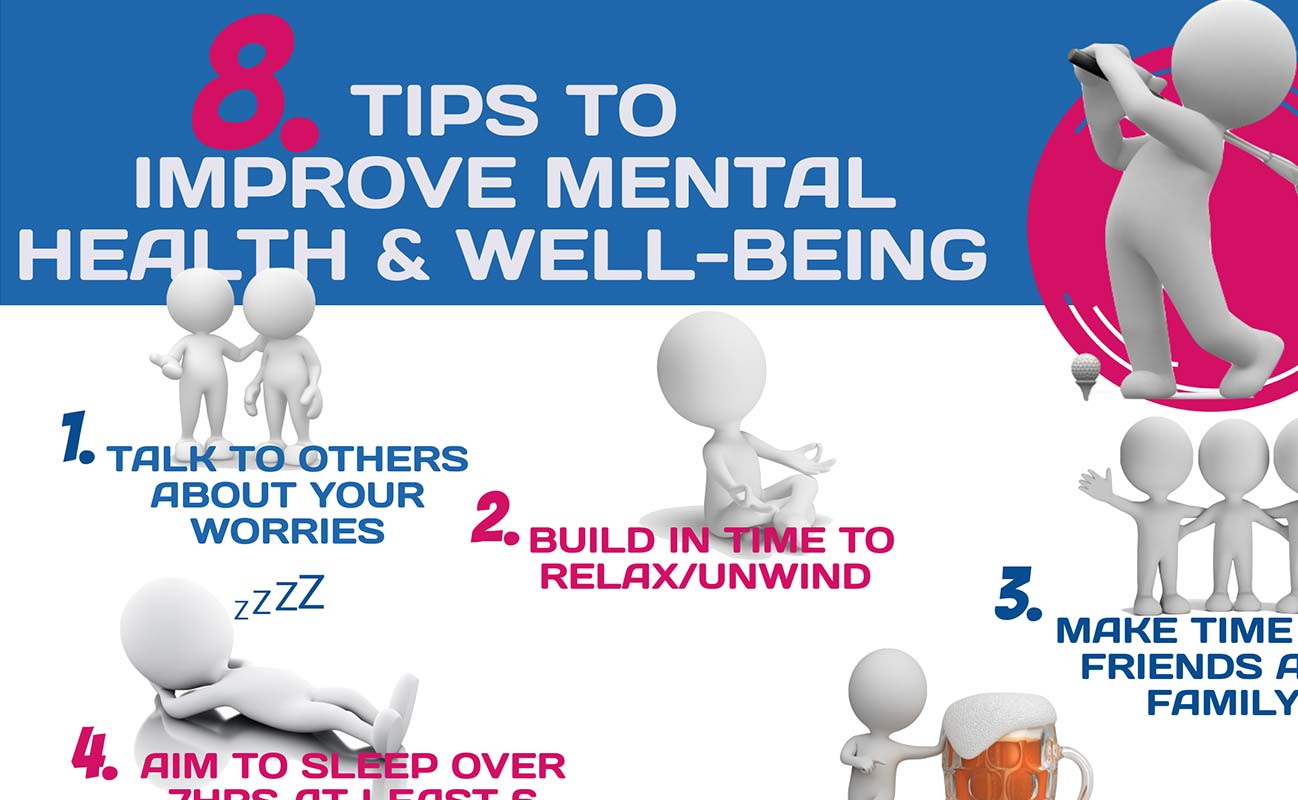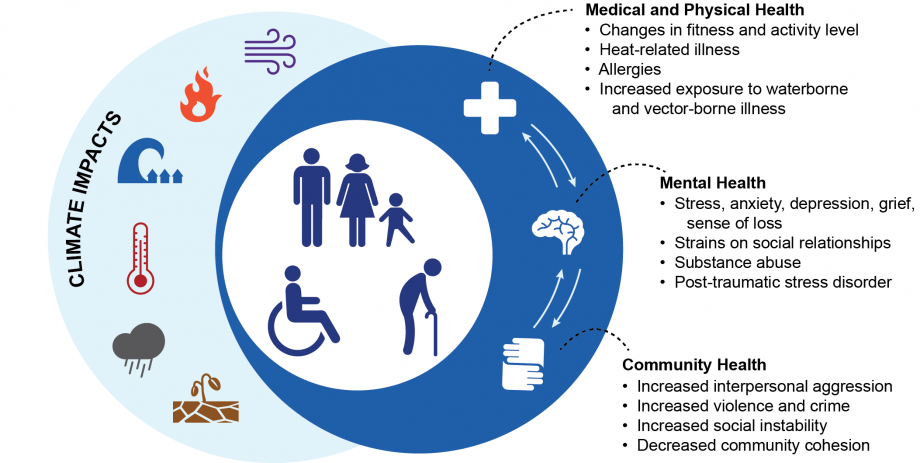The Basic Principles Of How Does Social Media Affect Your Mental Health
The next essential thing you can do is construct and keep a strong relationship with your child's instructors and with the school. If your child has actually been diagnosed with a psychological or behavioral health issue, bring it to the school's attention and make sure they are involved in your treatment plan.
If the school refuses to work with you or isn't able to provide anything in the method of assistance, it might be time to look for another school that better fits your kid's needs. By bringing your pediatrician and your child's instructors together, you can produce an extensive support group for your child.
Though Check out this site the road may be challenging, your kid depends upon you for love and support so do whatever you can to provide your kid what they require to prosper and grow.
A U.S. Cosmetic surgeon General report indicates that one in 5 children and adolescents will face a significant psychological health condition during their school years. Psychological health conditions affecting children and teenagers can vary from attention deficit disorder (ADHD) to autism, depression, consuming disorders, schizophrenia, and others. Trainees experiencing these conditions face significant barriers to finding out and are less most likely to graduate from high school.

Some Of How They Affect Mental Health
As leaders work to satisfy these obligations, they deal with an array of difficulties associated with mental health: Schools have historically used their resources to utilize a significant variety of trainee support specialists - how mental health can affect physical health. These school team member have actually been the core around which comprehensive school-based programs have actually been developed and executed.
By the 201415 school year, there was one school therapist for each 482 students. The suggested ratio from the American School Counseling Association is one school therapist for each 250 trainees. Information from the U.S. Department of Education Workplace for Civil liberty indicates that a person in five high schools lack a school counselor.
Within a district, various schools need to share school psychologists, school social employees, school nurses, and other specific support personnel. This increases the caseload of these psychological health experts and limitations access to their services for trainees in requirement of assistance and assistance. While the People with Disabilities Act (CONCEPT) and the Elementary and Secondary Education Act (ESEA) include programs and efforts to attend to comprehensive assistance services in schools, given that FY 2009 the financing for these programs, including the Safe and Drug-Free Schools and Communities Act (SDFSCA) State and Regional Grants Program, has been severely cut, if not eliminated.
In FY 2009, the federal programs supporting students' mental health and wellness surpassed $800 million; however, in FY 2017, Congress was investing just $400 million to support Title IV and the SSAE grant program, less than 25% of its authorized level of $1.65 billion under the Every Student Succeeds Act (ESSA).
The Of How Does A Periodic Vacation Affect A Persons Productivity
For regrettable historic and cultural reasons, psychological illness has constantly been stigmatized in our society. This stigma is manifested by predisposition, suspect, stereotyping, worry, shame, anger, and/or avoidance. Attending to psychosocial and psychological health concerns in schools is typically not appointed a high priority, other than when a high-visibility occasion happens, such as a shooting on school, a student suicide, or a boost in bullying.
According to the Coalition to Support Grieving Students, death by suicide is the 3rd leading cause of death in kids ages 1014 and the 2nd leading cause of death in children ages 1519. Near one in five high school trainees has actually thought about suicide, and 2 to 6 percent of kids try suicide.
Principals and other school staff need to also concentrate on preventative procedures for causes that are linked to suicide, such as bullying. These difficulties highlight the need for comprehensive mental health support services and avoidance programs to build the capacity of schools as they help each student reach his/her optimum potential.
As a 2017 research review in the Harvard Review of Psychiatry asserted, there is a growing body of proof that supports the effectiveness of psychological health programs in schools and their ability to reach big numbers of kids. NASSP believes, and recent research has verified, that school management impacts trainee achievement (second only to instruction, especially for at-risk students) (which of the following factors can affect mental health).
Facts About How Does Breast Cancer Affect Your Mental Health Uncovered
Building Ranks: A Thorough Framework for Effective School Leaders consists of "health" as a dimension of building culture, specifying that school leaders "foster and nurture an intentional focus on health since healthy trainees and adults find out and engage productively." NASSP believes that for schools to promote a safe learning environment for all students, consisting of those trainees that might be struggling with some kind of psychological health problem, policymakers must supply adequate levels of access to psychological health and therapy services for all students who attend our public schools, Drug Abuse Treatment in order to cultivate success in school and to resolve the psychological health needs of trainees suffering from some type of diagnosable mental illness.
NASSP is committed to supporting principals and other school leaders in their work to prevent teen suicide, while also offering principals, school leaders, and schools with resources and assistance for dealing with teen suicide in the unfortunate occasion that it takes place within a school neighborhood. NASSP acknowledges that, in addition to diagnosed mental illness, today's middle level and high school trainees frequently face a myriad of undiagnosed mental health issues such as stress and stress and anxiety, anxiety, alcohol and drug abuse, eating disorders, sleep deprivation, disruptive scenarios in your home, and lack of nutrition.

NASSP thinks concentrated efforts at the local, state, and federal levels to secure funding for resources to support and sustain psychological health programs will resolve the issue at hand. Federal and state federal governments need to supply financial backing to allow regional communities to execute an extensive culturally and linguistically appropriate school-based mental health program that supports and fosters the health and advancement of trainees.
The federal government should give states and http://manuelycge477.tearosediner.net/getting-the-how-does-discrimination-against-lgbtq-affect-mental-health-to-work local communities the ability to combine federal and state funding from separate companies to deal with psychological health and school security concerns at the local level. The federal government needs to fully money the Student Assistance and Academic Enrichment Grants under Title IV, Part A of the Elementary and Secondary Education Act to help K12 schools offer students access to innovative courses and college and profession counseling.
The Greatest Guide To How Does Mental Illness Affect Physical Health
Federal and state policymakers must help schools in recruiting and retaining school counselors, school social employees, school psychologists, and psychological health specialists to support school-based interventions and the coordination of psychological health and wellness services. States and city governments must help with community partnerships among households, trainees, law enforcement agencies, education systems, psychological health and drug abuse service systems, family-based mental health service systems, federal government companies, healthcare service systems, and other community-based systems.
State and local policymakers ought to provide financing to support the hiring of psychological health specialists to serve students and schools. State and local policymakers ought to supply funding to increase expert development chances for school leaders and other school personnel. State and regional policymakers need to provide financing for thorough school-based health centers, especially those that offer mental health services.
